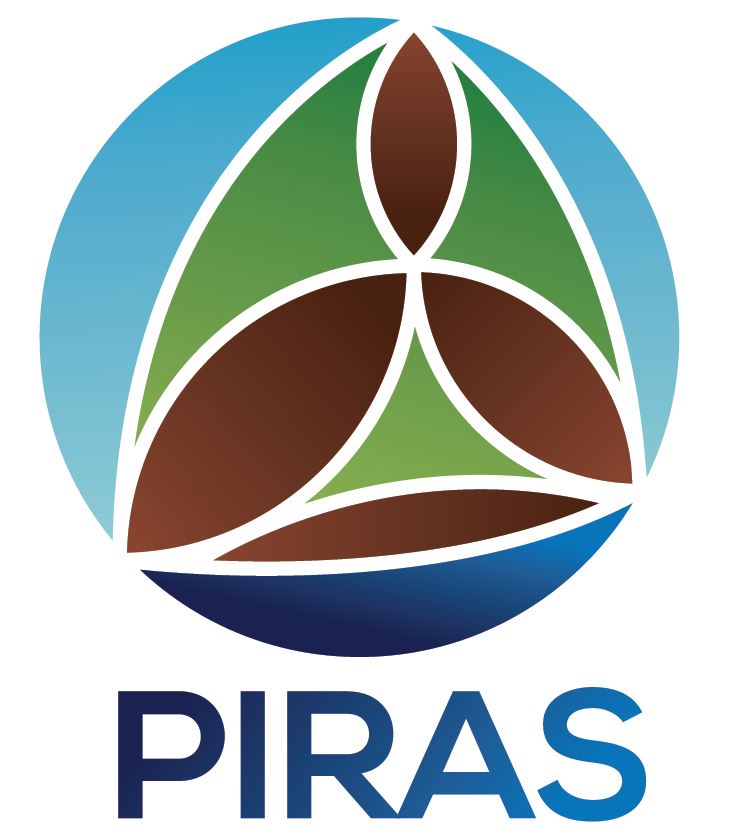 PIRAS is an informal network with ultimate aim to provide a platform for networking, professional development and representation of members. All the SPC member countries are recommended members of PIRAS. Other organisations and networks are also invited to apply for membership. PIRAS is hosted by the Land Resource Division (LRD) of the Secretariat of the Pacific Community (SPC).
PIRAS is an informal network with ultimate aim to provide a platform for networking, professional development and representation of members. All the SPC member countries are recommended members of PIRAS. Other organisations and networks are also invited to apply for membership. PIRAS is hosted by the Land Resource Division (LRD) of the Secretariat of the Pacific Community (SPC).
Pacific Islands Rural Advisory Services (PIRAS), formerly known as Pacific Islands Extension Network (PIEN), was formed in response to the demand for a network of all those interested in extension and advisory services articulated in some of the recent global and regional meetings on extension organised by the Global Forum for Rural Advisory Services (GFRAS). It is an attempt to form a network with all those who are interested and involved in agricultural extension and advisory services (from the public, private and civil society sectors) in the Pacific. PIRAS was established initially at a first ever Pacific Extension Summit was convened by SPC in 2005 in the Kingdom of Tonga and later endorsed by the Pacific Heads of Agriculture Services (HOAFS) and the Ministers of Agriculture meeting in 2009. In August 2015, with funding support from EU under the Pacific Agriculture Policy Project (PAPP), USAID through IFPRI and Global Forum for Rural Advisory Services (GFRAS), a third Pacific Research and Extension Forum was held in Apia where PIEN was revived and renamed to Pacific Islands Rural Advisory Services (PIRAS) and elected new Board Members and priority areas identified to strengthen the work of the Network. A few of the key priority areas identified include:
- Strengthen Partnership and Linkages - Support the inventory of current and past research projects undertaken by research institutions and Ministry of Agricultures within the region; Develop PIRAS webpage and encourage members to utilize it for information sharing and networking;
- Policy Support – Support National Extension policy dialogues and extension policy development;
- Capacity development - Work with national stakeholders and identify resource and capacity gaps (individual, institutional and systems levels); Advocate and explore opportunities to address capacity gaps;
- Promote Extension Excellence – Support capacity building of staff and institutions to be able to deliver services using new multi-stakeholder and extension approaches and the development of public-private partnerships to ensure required resources (i.e. funding, technology, training) are met when delivering these new approaches.
- Leadership – Provide institutional support at appropriate levels; advocacy and lobbying funding support for PIRAS activities.
PUBLICATIONS
- Pacific Island Extension Strategy Download here
- Pacific Islands Extension Strateegy Consultancy Report to SPC Download here
- Research Inventory in the Region Download here
- Regional Research - Extension Forum Download here
- Global Review of Extension Approaches and Models - Best Practices Download here
- PIRAS Information Paper Download here
- PIRAS Presentation Download here
- PIRAS Survey KM Needs Download here




CONNECT WITH US